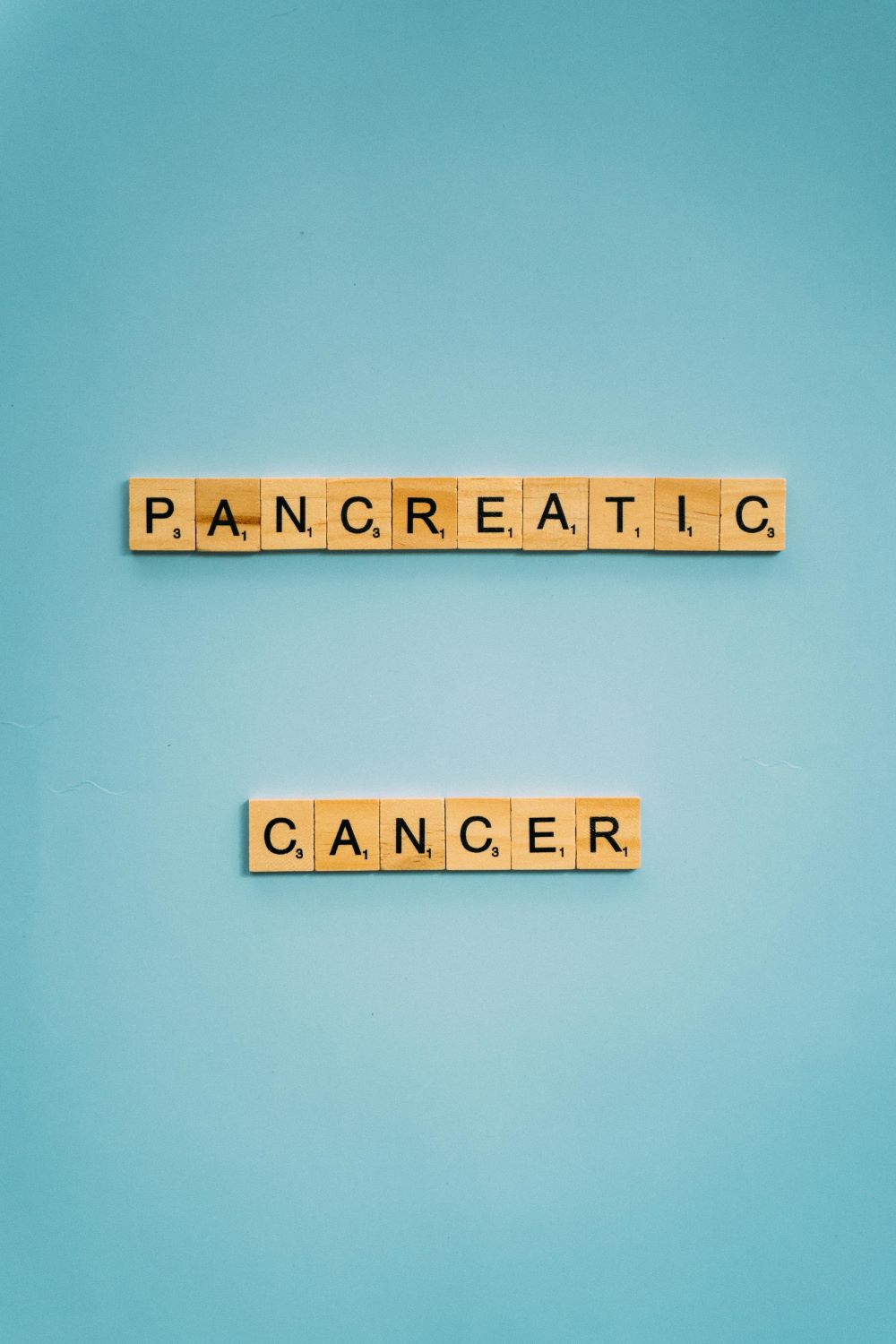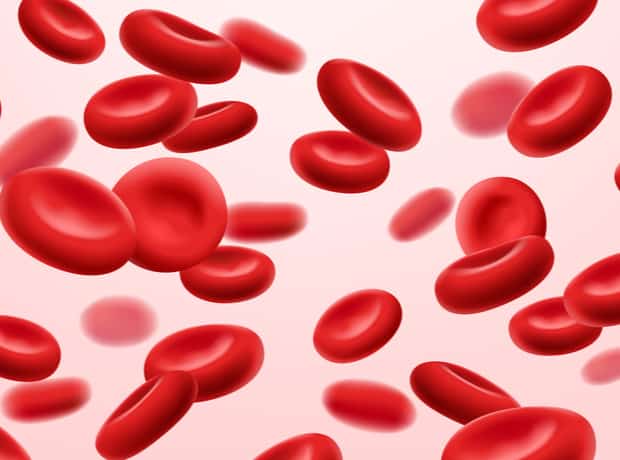The neurodegenerative condition currently affects around 153,000 people in the UK
Parkinson’s UK has awarded nearly £100,000 to researchers at Imperial College London (ICL) to develop a new drug for Parkinson’s disease (PD) through the charity’s drug accelerator award grant scheme.
Researchers will use a computer-based programme to simulate good targets for new drugs to slow the progression of the neurological disease and improve the success of clinical trials.
Affecting around 153,000 people in the UK, PD is a neurodegenerative condition in which parts of the brain become progressively damaged, causing problems such as shaking and stiffness.
In the process of drug development, the more information that researchers have when planning a clinical trial, including simulating how a drug might work, the more likely it is to be successful when being trialled in people and compared to other available treatments.
Using simulation, researchers aim to test the best way to target GPNMB, a protein that has been linked to PD. Previous research has shown that this protein could reduce damage to cells by preventing the spread of alpha-synuclein, a hallmark protein of PD.
Previous research has already shown that alpha-synuclein can cause irreversible damage to brain cells in PD, ultimately leading to the progression and worsening of symptoms.
Working with the UK’s Nucleic Acid Therapy Accelerator (NATA), the team is now working to develop small drugs known as antisense oligonucleotides and will test which can best reduce the activity of GPNMB most effectively to decide which drug has the best chance of success in a clinical trial.
ICL’s lead researcher, professor Michael Johnson, commented: “A major problem with drug development is that half of all drugs will fail during clinical trials due to [a] lack of efficacy – eg the drugs don’t work despite extensive testing prior to clinical trials in people.
“This award will fund us to work with… NATA to develop a new type of drug against GPNMB as a potential treatment for Parkinson’s.”
















+ There are no comments
Add yours